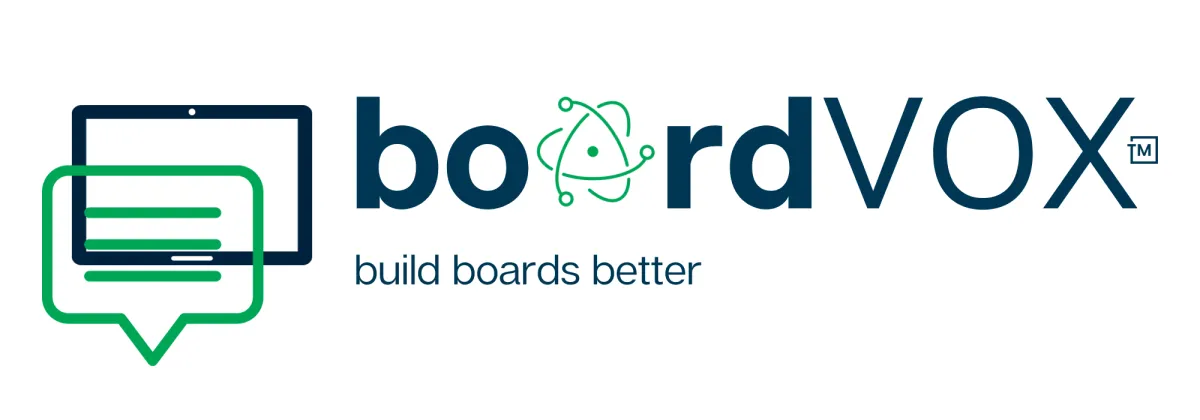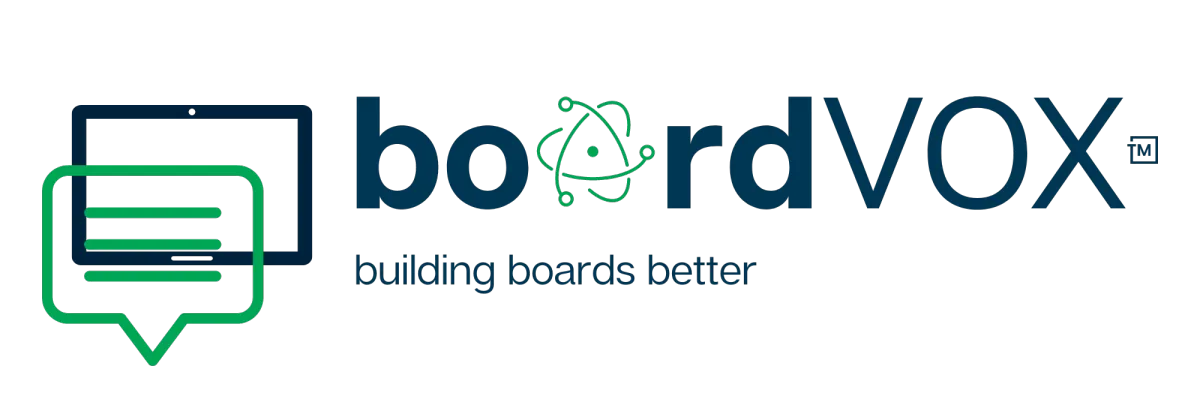



Hi, I am Cecile!
Welcome to my blog! I'm on a mission to lead a movement of well-minded directors who want to be catalysts of change in the boardroom ...to build better boards and build boards better!
Embodying
The Tone, Voice And Expression
of Good Governance.


🔍 The Three Audit Committee Practices That Empower Boards for Enhanced Oversight
“A high performing board buys into good governance and will readily adopt practices which empower them to bolster their oversight capabilities ... because it is good for business.” - A. Cecile Watson
Introduction:
If you serve on an audit committee you may already appreciate how the complex world of corporate governance is demanding greater initiative of you.
Audit committees play a pivotal role in ensuring transparency, integrity, and accountability. Your committee serves as a guardian of financial reporting, inter-alia. It is tasked with critical responsibilities to oversee the quality and accuracy of financial statements, assess internal controls, and maintain compliance with regulatory requirements. The Committee's Terms Of Reference should clearly outline these responsibilities.
As the macro-trends get increasingly challenging with the growth of ai and other evolving technologies, the demands on audit committees to bolster their effectiveness is growing. In response, they must adopt robust practices that empower them to fulfill their mandate with diligence and precision. In this article, we delve into the following three essential audit committee practices that not only enhance oversight but also empower boards to navigate the intricate terrain of corporate governance with confidence:
Independent Meetings with External Auditors
Written Reports on Quality Assurance of the External Auditor
Implementation of a Quality Assurance and Improvement Program (QAIP)

Following is a deeper dive into these 3 practices and what they serve to accomplish: 👊🏾
1. Independent Meetings with External Auditors: Audit committees should hold at least one annual meeting with external auditors without management present.
This practice provides a vital opportunity for committees to receive direct feedback on the quality of management personnel and the processes they used in preparing the audit. By fostering an environment free from undue influence, audit committees can gain valuable insights into any pressures imposed by management regarding accounting treatments and the potential outcomes of those choices. This information can highlight underlying issues that may require the attention of the board in order to safeguard the integrity of financial reporting.
2. Written Reports on External Auditors' Quality Assurance: In addition to independent meetings, audit committees can request written reports from independent auditors detailing their internal quality control procedures.
This practice is increasingly recognized as a best practice in corporate governance and is common in some jurisdictions, including the United States of America. The reports typically are expected to highlight any material issues raised by regulatory inspections and the steps taken to address them. This practice ensures transparency and empowers audit committees to make informed decisions that safeguard shareholder interests.
3. Implementation of a Quality Assurance and Improvement Program (QAIP): The third essential practice involves integrating a QAIP into the operations of the company's internal audit practices.
A QAIP provides independent assurance that your company's internal control practices are robust. The report is addressed to the Audit Committee and contains a systematic review and proposed enhancements of processes, procedures, and internal controls to maintain high standards of performance and effectiveness. By committing to continuous improvement, audit committees demonstrate their dedication to upholding the highest standards of corporate governance.
Conclusion:
By adopting these three practices, audit committees can strengthen their oversight capabilities, enhance transparency, and bolster shareholder confidence. Embracing such a proactive approach to governance will ensure that your audit committee remains vigilant as a guardian of corporate integrity and accountability.
Stay tuned for more enlightening discussions, gripping stories, and actionable insights. And if you haven't already, be sure to subscribe so you never miss a post. Together, we're set to build better boards and build boards better by reshaping the landscape of boardroom leadership, one director at a time.
🌐💼 #AuditCommittee #QAIP #CorporateGovernance #TransparencyAndAccountability 🤝🔍
Know someone who might be interested in this blog? Please be sure to share it with them.
Good Governance
At Your Fingertips
Subscribe to our list to get the best tips and insights on
how to be at your best in the boardroom!


